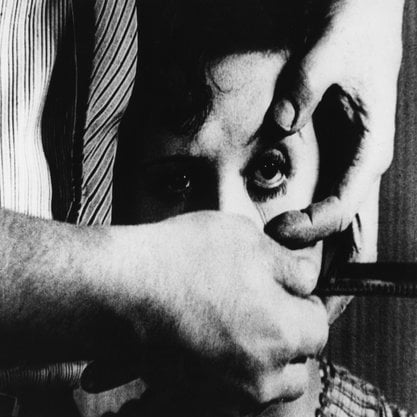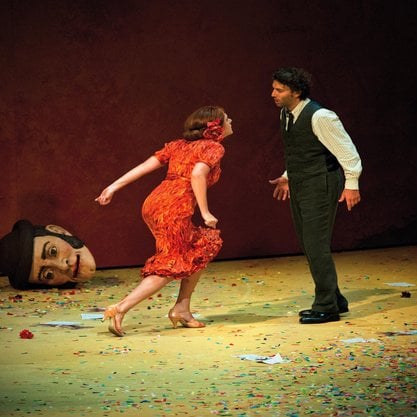Article
Alberti, Rafael (1902–1999) By Colás Cardona, Silvia
Article
Born in Cadiz, Andalusia, and a member of what is known as the Generation of ’27, Rafael Alberti started his career as an avant-garde painter. He began to paint when his family moved to Madrid in 1917, and later in his life, he admitted to thinking of himself as a painter before a poet. He started writing poetry in 1920, publishing some of his early works in the ultraista literary review Horizontes. His first book of poems, Marinero en tierra [Sailor in Land], won the prestigious Premio Nacional de Literatura [National Prize for Literature] in 1925. Soon would follow La amante [The mistress] in 1926 and El alba del alhelí [Dawn of the Wallflower], published in 1927. All three of these works were inspired by neo-popularismo, one of the various literary trends that influenced the Generation of ’27.
The arrival of Alberti at the Residencia de Estudiantes [Student Residence] in 1924 marks a crucial moment in his life; it was at the Residencia that he met most of the members that would later form the Generation of ’27: Federico García Lorca, Salvador Dalí, Luis Buñuel, Jorge Guillén, Gerardo Diego, Pedro Salinas, Vicente Aleixandre and Dámaso Alonso, among others.



![Generation of ’27 [REVISED AND EXPANDED]](/propagator/data/img-dc/original/image/literature-hero/BLAST_Fig_x_%5BREMSCL4_converted.jpg)
